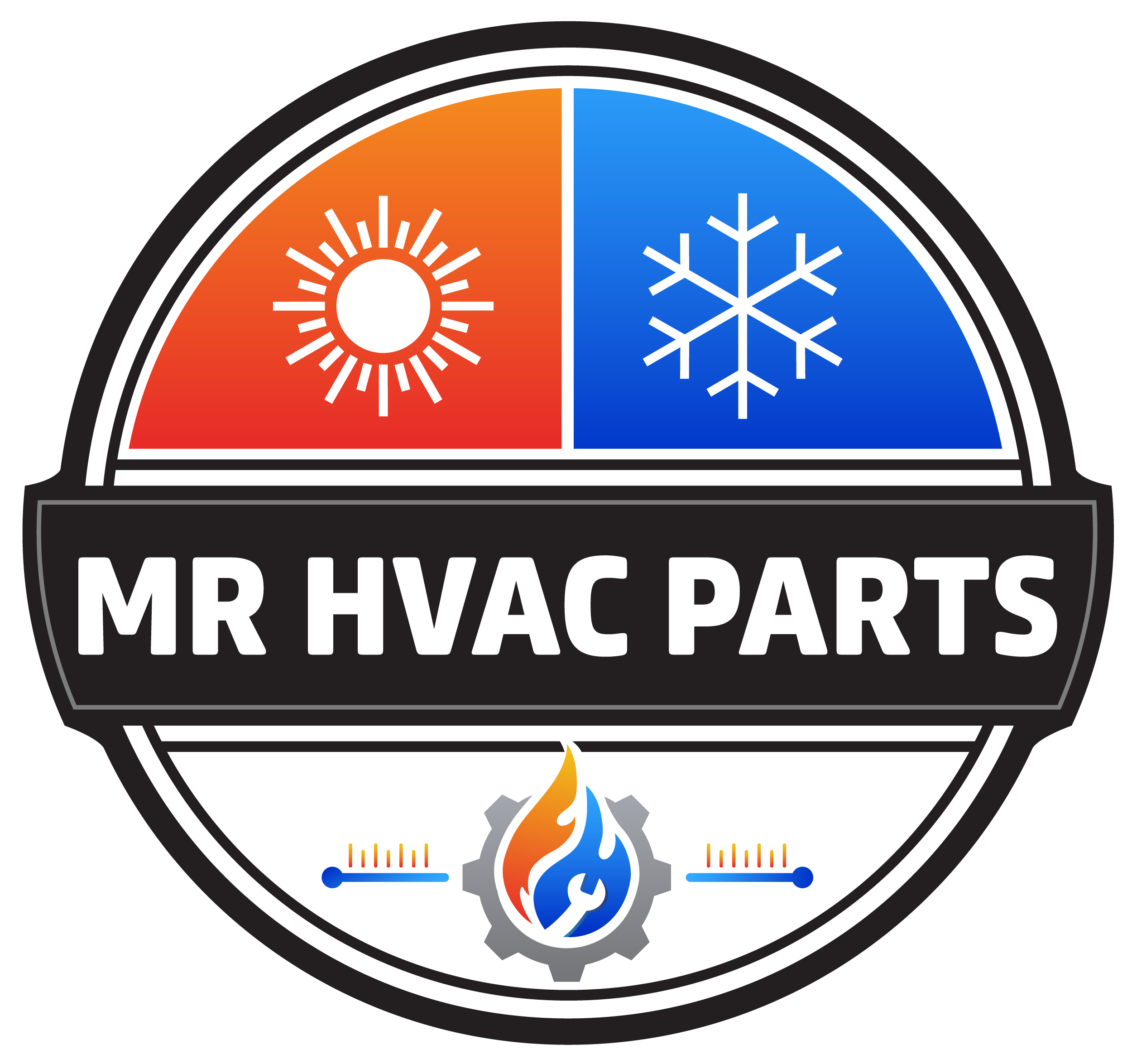Refrigerant in Washington, DC and the DMV Area: Expert Advice
Refrigerant is the lifeblood of your HVAC system, crucial for cooling your home or business in the hot and humid summers of Washington, DC, and the DMV area. Understanding the role of refrigerant, its types, and how to maintain it is essential for anyone looking to ensure their HVAC system operates efficiently. In this guide, we’ll cover everything you need to know about refrigerant, including common issues, environmental considerations, and where to get your refrigerant checked or refilled in the DMV.
Why Refrigerant Matters
Refrigerant plays a vital role in the cooling process of your HVAC system. It absorbs heat from the indoor air and releases it outside, helping to keep your living or working space comfortable even on the hottest days in Washington, DC, and the DMV.
Benefits of Proper Refrigerant Levels:
Efficient Cooling: Adequate refrigerant levels ensure that your HVAC system can cool your space effectively, maintaining a comfortable indoor temperature.
Energy Savings: When your refrigerant levels are optimal, your HVAC system operates more efficiently, reducing energy consumption and lowering your utility bills.
Prolonged HVAC Lifespan: Proper refrigerant management reduces strain on your HVAC components, helping to extend the life of your system.
Types of Refrigerants
Different types of refrigerants are used in HVAC systems, and understanding the options can help you make informed decisions about your system’s maintenance. Here are the most common types:
R-22 (Freon):
Overview: R-22, commonly known as Freon, was widely used in older HVAC systems. However, due to its ozone-depleting properties, it has been phased out and is no longer produced.
Environmental Impact: R-22 has a high ozone depletion potential (ODP) and is being replaced by more environmentally friendly alternatives.
Replacement: If your system still uses R-22, consider retrofitting it to use a modern refrigerant, such as R-410A.
R-410A (Puron):
Overview: R-410A, also known as Puron, is the most common refrigerant used in modern HVAC systems. It is more efficient and environmentally friendly compared to R-22.
Environmental Impact: R-410A does not deplete the ozone layer, making it a safer choice for the environment.
Usage: Ideal for residential and commercial HVAC systems in the DMV area, offering efficient cooling without harming the environment.
R-32:
Overview: R-32 is a newer refrigerant with a lower global warming potential (GWP) than R-410A. It is gaining popularity in newer HVAC systems for its environmental benefits.
Environmental Impact: R-32 offers improved energy efficiency and has a lower GWP, making it a more sustainable option.
Usage: Often used in split systems and other modern HVAC units, particularly in regions like Washington, DC, where energy efficiency is a priority.
R-134a:
Overview: R-134a is commonly used in automotive air conditioning systems but can also be found in some residential HVAC systems.
Environmental Impact: While it has a lower ODP than R-22, R-134a still has a significant GWP, leading to its gradual phase-out in favor of greener alternatives.
Usage: Primarily in older systems or specific applications where other refrigerants may not be suitable.
Common Refrigerant Issues
Refrigerant-related problems can significantly impact the performance of your HVAC system, especially during the hot summers in Washington, DC, and the DMV. Here are some common issues to watch out for:
Leaks:
Overview: Refrigerant leaks are one of the most common issues in HVAC systems. A leak can lead to a drop in refrigerant levels, reducing the system’s cooling efficiency and potentially causing damage to other components.
Signs: Warm air blowing from the vents, a hissing sound near the refrigerant lines, and increased energy bills are common indicators of a refrigerant leak.
Overcharging or Undercharging:
Overview: The amount of refrigerant in your system must be carefully calibrated. Overcharging (too much refrigerant) or undercharging (too little refrigerant) can both cause performance issues.
Signs: An overcharged system may experience high pressure, leading to component failure, while an undercharged system may struggle to cool the space effectively.
Contamination:
Overview: Contaminants like moisture, dirt, or air can enter the refrigerant lines, leading to blockages and reduced efficiency.
Signs: Frost buildup on the evaporator coils, strange noises, and decreased cooling performance may indicate contamination in the refrigerant lines.
Improper Refrigerant Type:
Overview: Using the wrong type of refrigerant can cause significant damage to your HVAC system, leading to costly repairs or even the need for a complete system replacement.
Signs: Inconsistent cooling, unusual noises, and frequent breakdowns may suggest that the wrong refrigerant type is being used.
Maintaining Your Refrigerant in the DMV
Proper refrigerant maintenance is crucial for keeping your HVAC system running smoothly in Washington, DC, and the DMV area. Here’s how to ensure your refrigerant levels are where they should be:
Regular Inspections:
Schedule regular HVAC inspections to check refrigerant levels, identify leaks, and ensure your system is operating efficiently. This is especially important before the peak summer season in the DMV.
Professional Servicing:
Refrigerant management should always be handled by a certified HVAC technician. They have the tools and expertise to safely check and adjust refrigerant levels, preventing potential hazards.
Leak Detection:
If you suspect a refrigerant leak, contact a professional immediately. Leaks not only reduce efficiency but can also harm the environment.
System Upgrades:
If your system uses outdated refrigerants like R-22, consider upgrading to a modern system that uses environmentally friendly refrigerants like R-410A or R-32.
Where to Service Refrigerant in Washington, DC, and the DMV
If your HVAC system needs a refrigerant check or refill, there are many reputable HVAC service providers in the DMV area. Contact us today to schedule an inspection or learn more about your refrigerant options.
Refrigerant is a critical component of your HVAC system, responsible for keeping your space cool and comfortable, especially during the hot summers in Washington, DC, and the DMV. Understanding the types of refrigerants, how they work, and the importance of proper maintenance can help you avoid costly repairs and ensure your system runs efficiently.
By staying proactive with refrigerant management, you can extend the life of your HVAC system, improve energy efficiency, and contribute to a healthier environment in the DMV.


